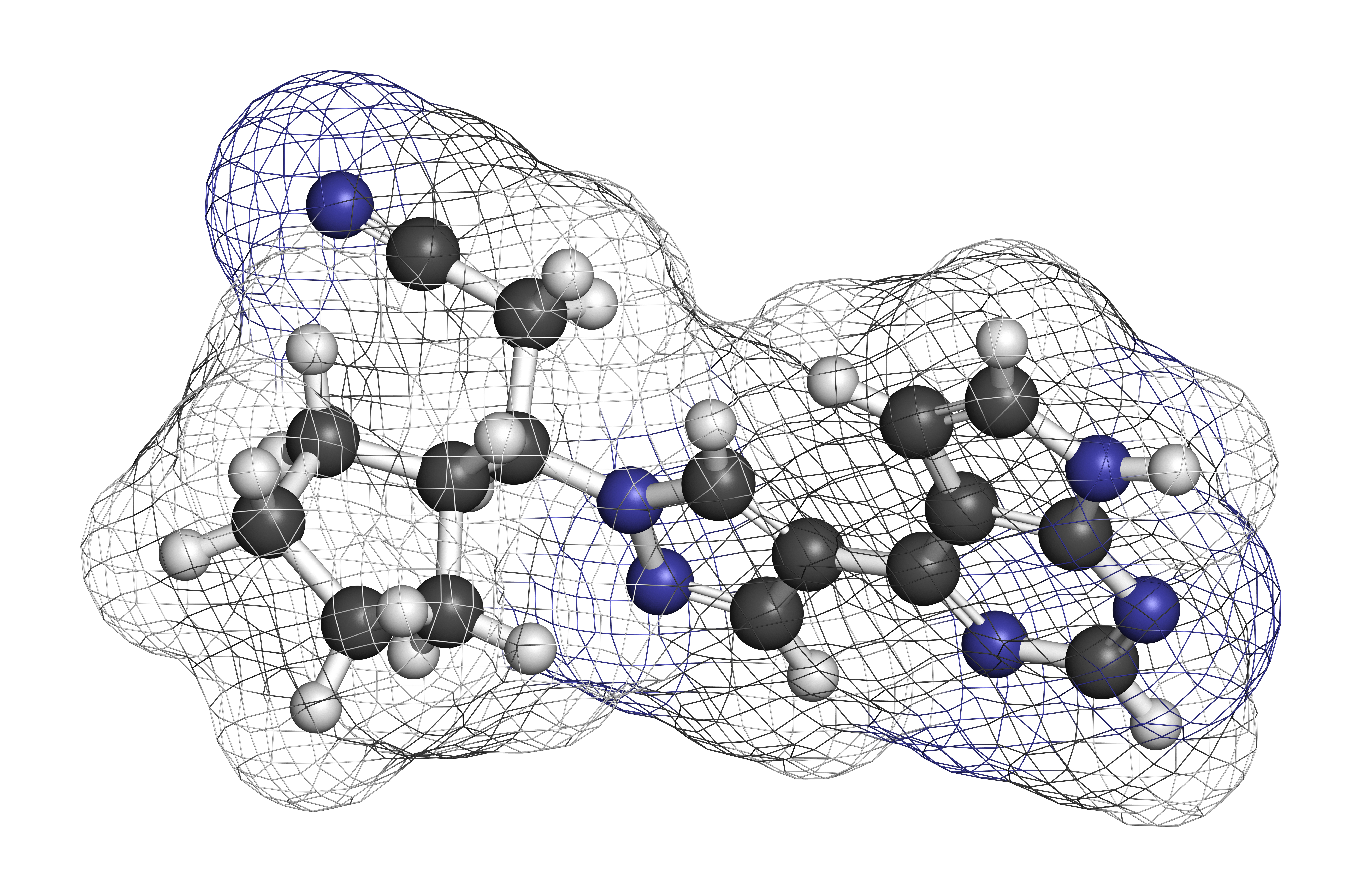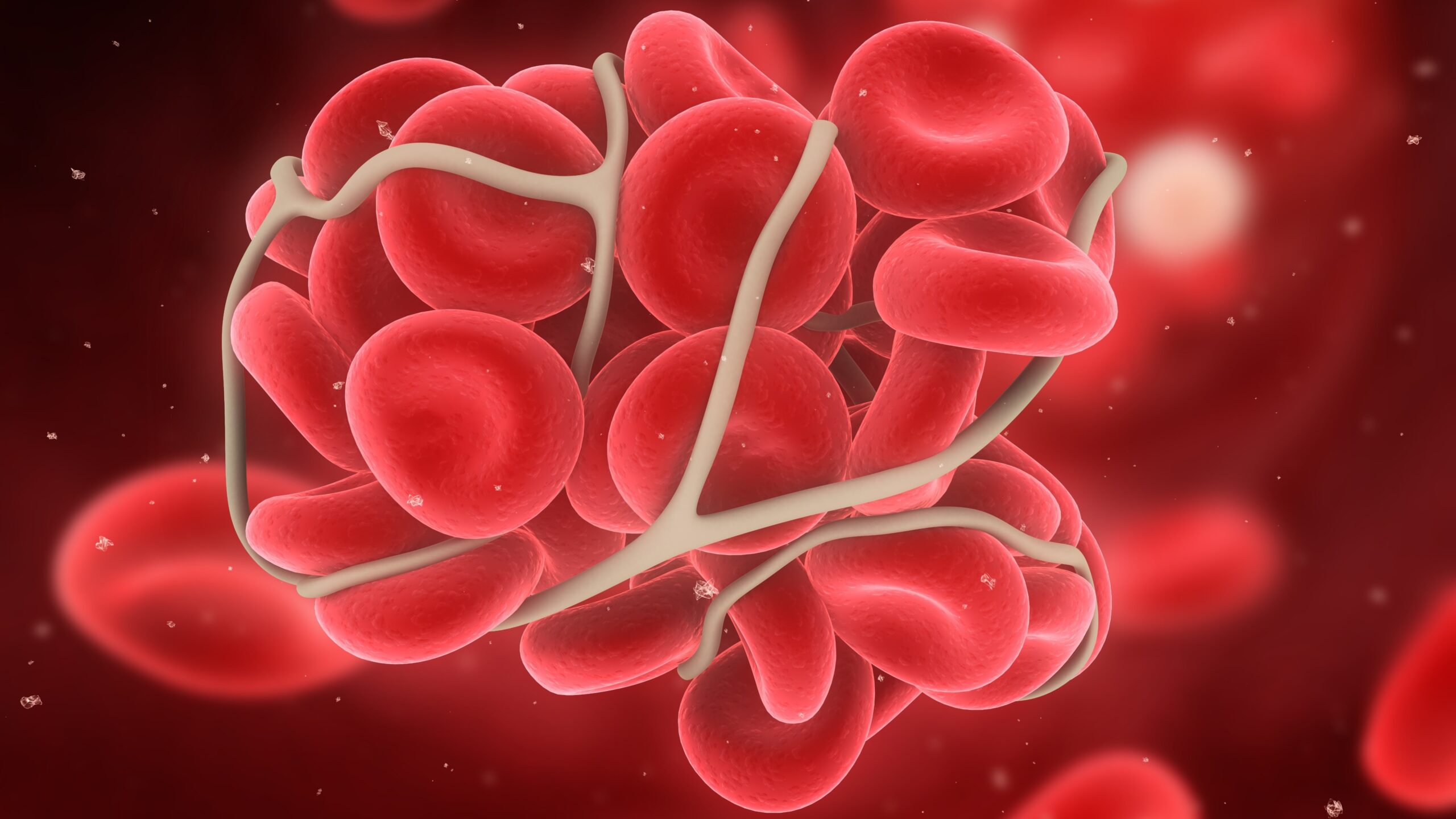The U.S. Food and Drug Administration (FDA) approved the JAK inhibitor Inrebic® (fedratinib) to treat adults with intermediate-2 or high-risk primary or secondary myelofibrosis. This is the second FDA-approved drug for myelofibrosis, following the first approval in 2011.
The FDA’s decision was based on the results of the pivotal, multicenter, randomized, double-blind, placebo-controlled, phase III JAKARTA study that included 289 patients with myelofibrosis from 94 sites in 24 countries. Patients were randomized to receive fedratinib 400 mg or 500 mg daily or placebo.
Improved outcomes with fedratinib
Of the 96 patients treated with fedratinib 400 mg, 35 experienced a significant therapeutic effect, defined as a ≥35% reduction from baseline in spleen volume (primary endpoint) at week 24. In addition, 36 patients experienced a ≥50% reduction in myelofibrosis-related symptoms, such as night sweats, itching, abdominal discomfort, feeling full sooner than normal, pain under ribs on left side, and bone or muscle pain.
Common adverse events associated with fedratinib include diarrhea, nausea, vomiting, fatigue, and muscle spasms. Patients may experience severe anemia and thrombocytopenia and should be monitored for gastrointestinal and hepatic toxicity.
The drug carries a Boxed Warning about the risk of serious and fatal encephalopathy, including Wernicke’s encephalopathy. Healthcare professionals should assess thiamine levels in all patients prior to starting and during treatment and as clinically indicated.







 © 2025 Mashup Media, LLC, a Formedics Property. All Rights Reserved.
© 2025 Mashup Media, LLC, a Formedics Property. All Rights Reserved.